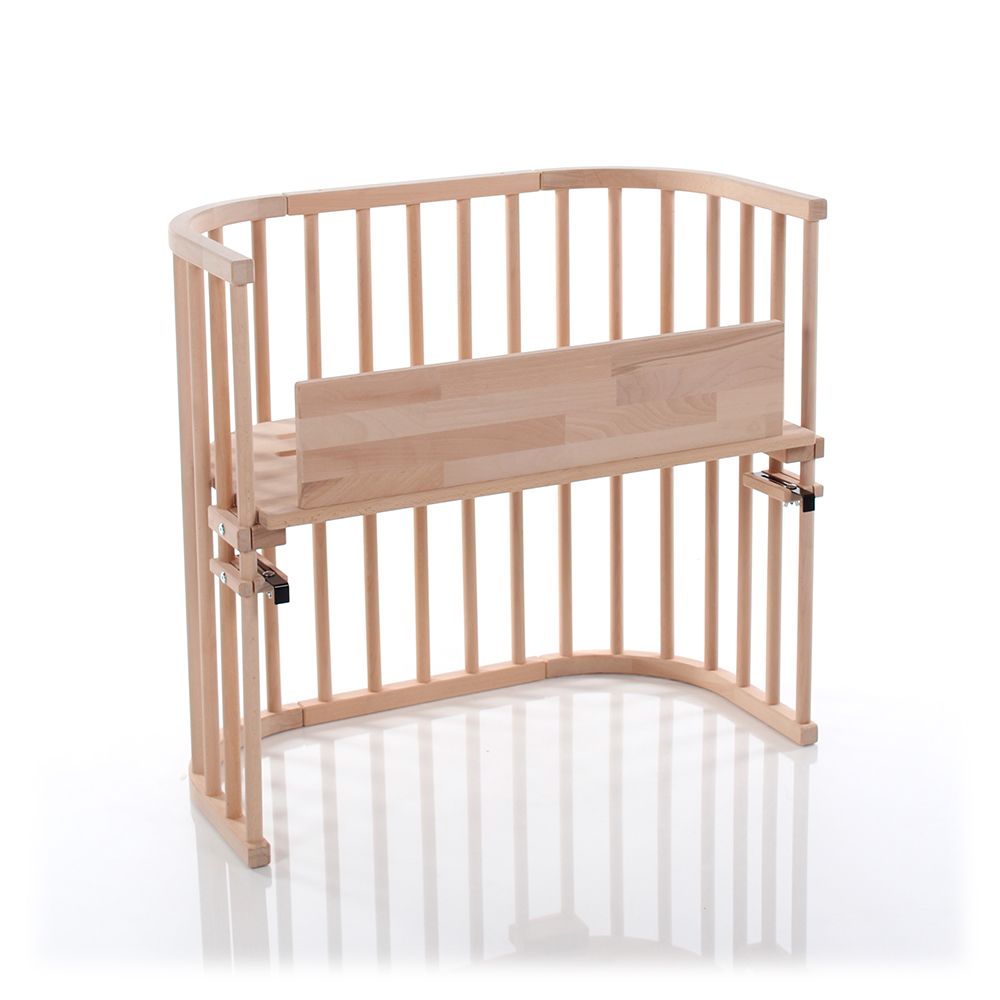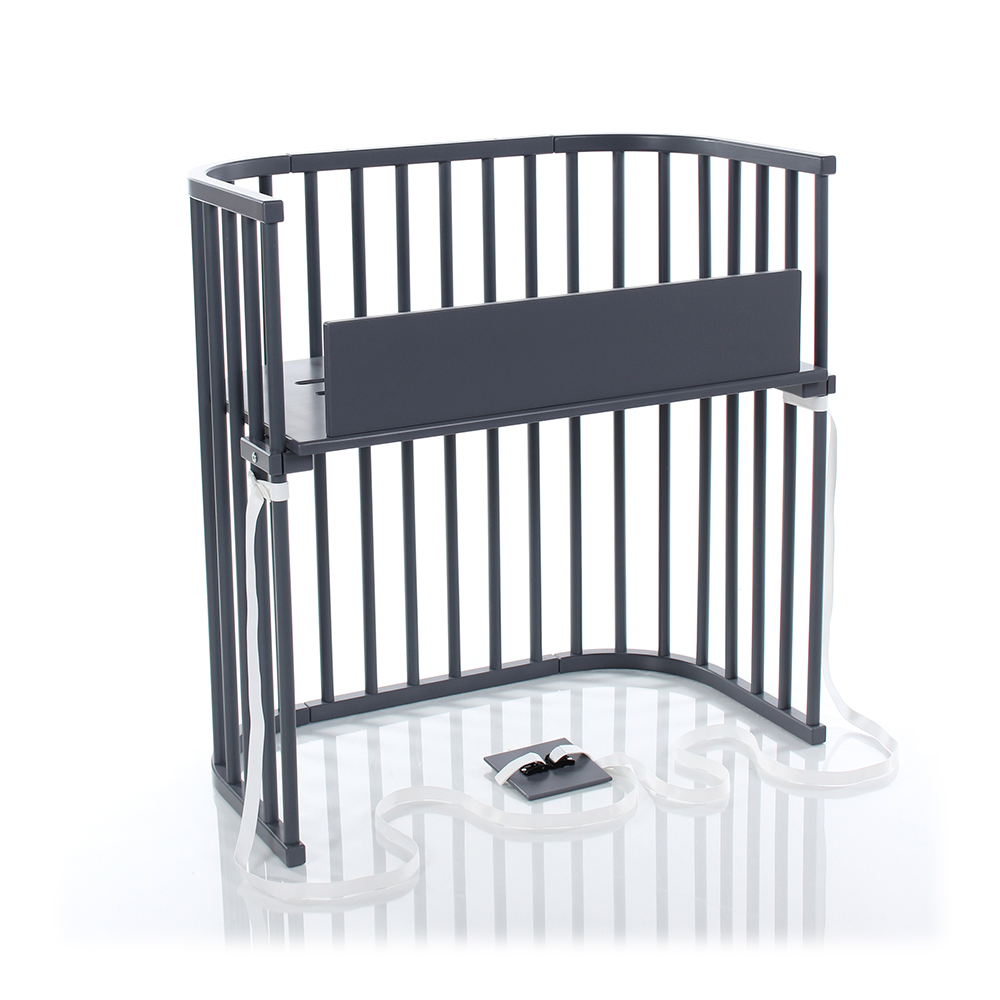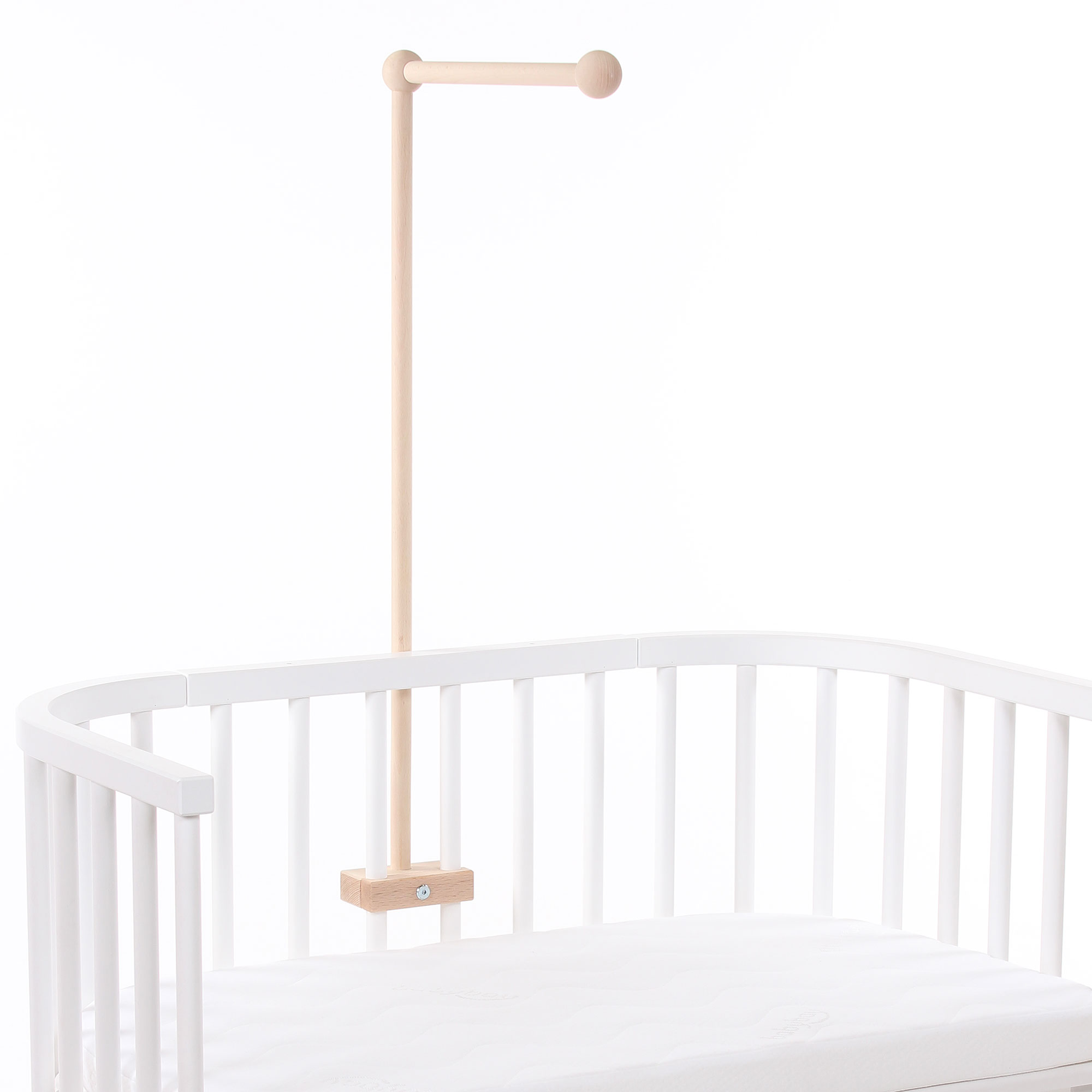It’s a common complaint for women around the world: when you’re in the middle of pregnancy, sleeping positions (and finding one that will give you the restful night’s sleep you need without shortness of breath, back pain, or discomfort) can feel like an uncrackable code.
Fluctuating hormones, stress levels, and the many shifts that are taking place in your body as your baby grows can trigger fitful nights and plenty of hours spent staring up at the ceiling wondering what you’re doing wrong.
Here’s the truth: frequent nighttime awakenings are often an unavoidable part of pregnancy. But even so, there are steps you can take and comfortable sleep positions you can try that will help take away nighttime restfulness, ease pregnancy insomnia, and set you on the path toward sweet dreams.
What sleeping positions should be avoided during pregnancy?
Some experts advise against sleeping flat on your back while pregnant, since this position can compress certain veins and decrease oxygen flow to the placenta. This is also not a very comfortable sleep position for your spine or back, making it an important one to avoid.

Though you shouldn’t worry or stress if you find yourself waking up in this position come morning, starting your night off right with a better position can help you get more hours of sleep during pregnancy and wake up feeling refreshed in the morning.
What Should Be My Favorite Sleeping Positions While Pregnant?
For pregnant women, side sleeping is always the best. And if you can sleep on your left side—even better!
As your pregnancy belly grows, you’ll appreciate the extra support that side sleeping offers and the weight that it takes off your back.
And though both left side sleeping and right side sleeping will offer that same comfort, sleeping on your left side can improve circulation and make it easier for nutrients to make their way to your baby. It will also keep your pregnancy body weight from pushing down on your liver, which can cause discomfort.

Though you might have formally been a fan of stomach sleeping, this is one of the positions during pregnancy that can put uncomfortable pressure on your abdomen and press your expanding uterus in a way that’s hard to ignore or sleep through. Because of this, side sleeping reigns supreme as one of the preferred nighttime positions during pregnancy.
What Are the Most Comfy Pregnant Sleeping Positions?
So we know that side sleeping is key during pregnancy—but how do you make this position even more comfortable for you?
You can prop an extra-long pregnancy or wedge pillow under your back and between your knees to keep you set in the side position all night long and avoid any of the discomfort that comes from rolling onto your stomach or back.
Though this can be a more comfortable way to sleep for many pregnant women, you shouldn’t worry if you roll out of position during the night. Any sleep is good sleep right now, making the how much far more important than the how.
For some pregnant women, sleeping more upright by stacking pillows behind you or getting comfy in a recliner can help relieve heartburn and give you a better night’s sleep. And for those with shortness of breath, putting a pillow under your chest can lift your body and set your breathing at ease.
What Should I Know About Pregnancy Sleeping Positions for Back Pain?
Back pain can make it hard for pregnant women to relax and unwind, during sleep and waking hours!
Though side sleeping is known as one of the best positions for back pain and a good way to ease aches and set the body in a relaxed state (especially when pillows are put between the legs and under the back), prevention during other hours of the day is also key. 
As your baby grows, it can be hard to maintain the proper posture you need to avoid back pain at all hours.
Focusing on keeping your back straight, chest high, and shoulders back can help set your body in the posture it needs to feel fully relaxed come nighttime.
Daily massages, gentle physical activity, and flat footwear can also lessen back pain concerns during the day, which carries over into restful sleep at night.
Should I Be Worried About My Sleep During Pregnancy?
Pregnancy insomnia is common, and one or two nights of restless turning shouldn’t be a cause for concern.
However, if you find yourself frequently unable to get comfortable enough to sleep, it might be time to get more serious about talking to your doctor and seeing what you can do.The truth is, it will only be harder to get nurturing hours of rest once your little one comes. And while tools like a bedside sleeper can help, settling into the right pregnancy sleeping positions can be a good way to catch must-needed Z’s before your baby finally arrives.








